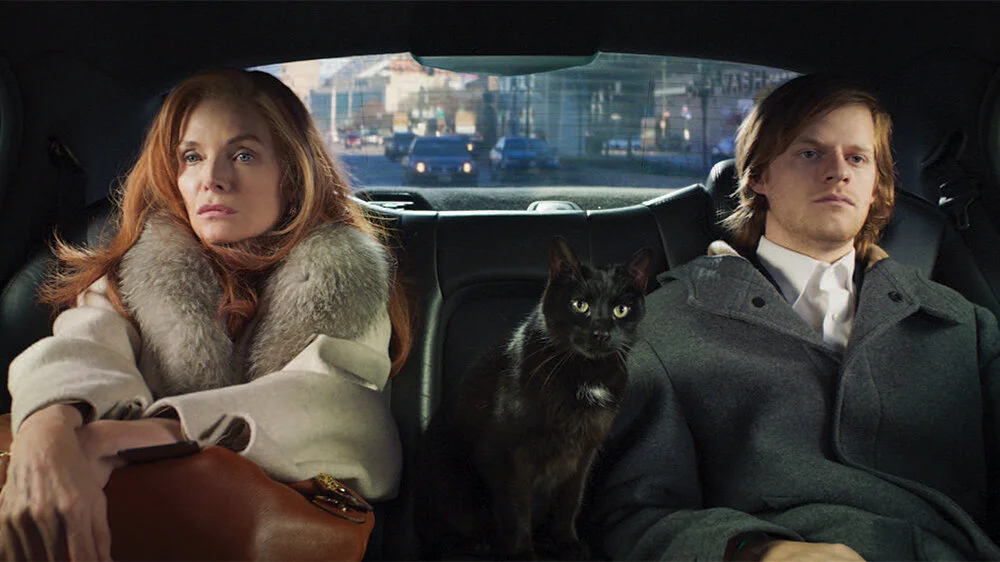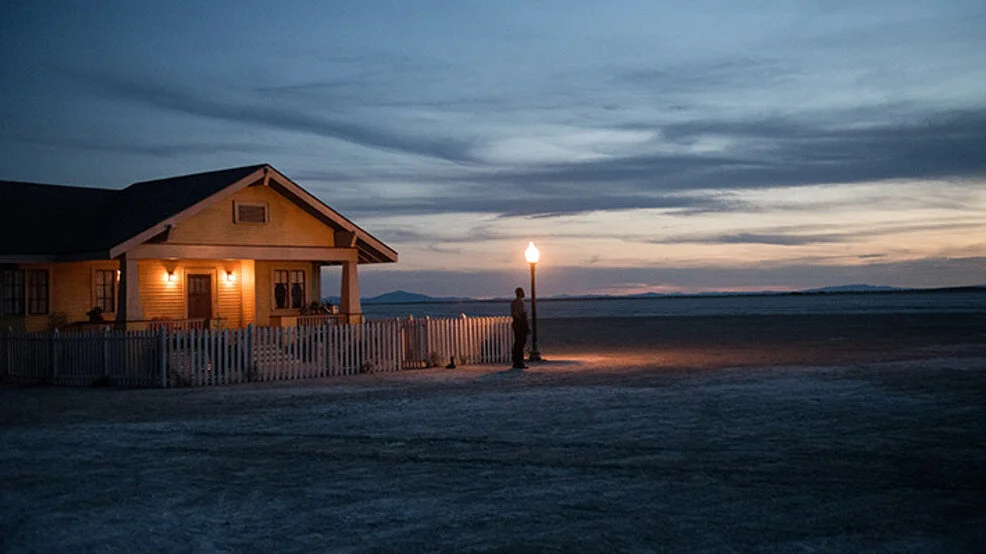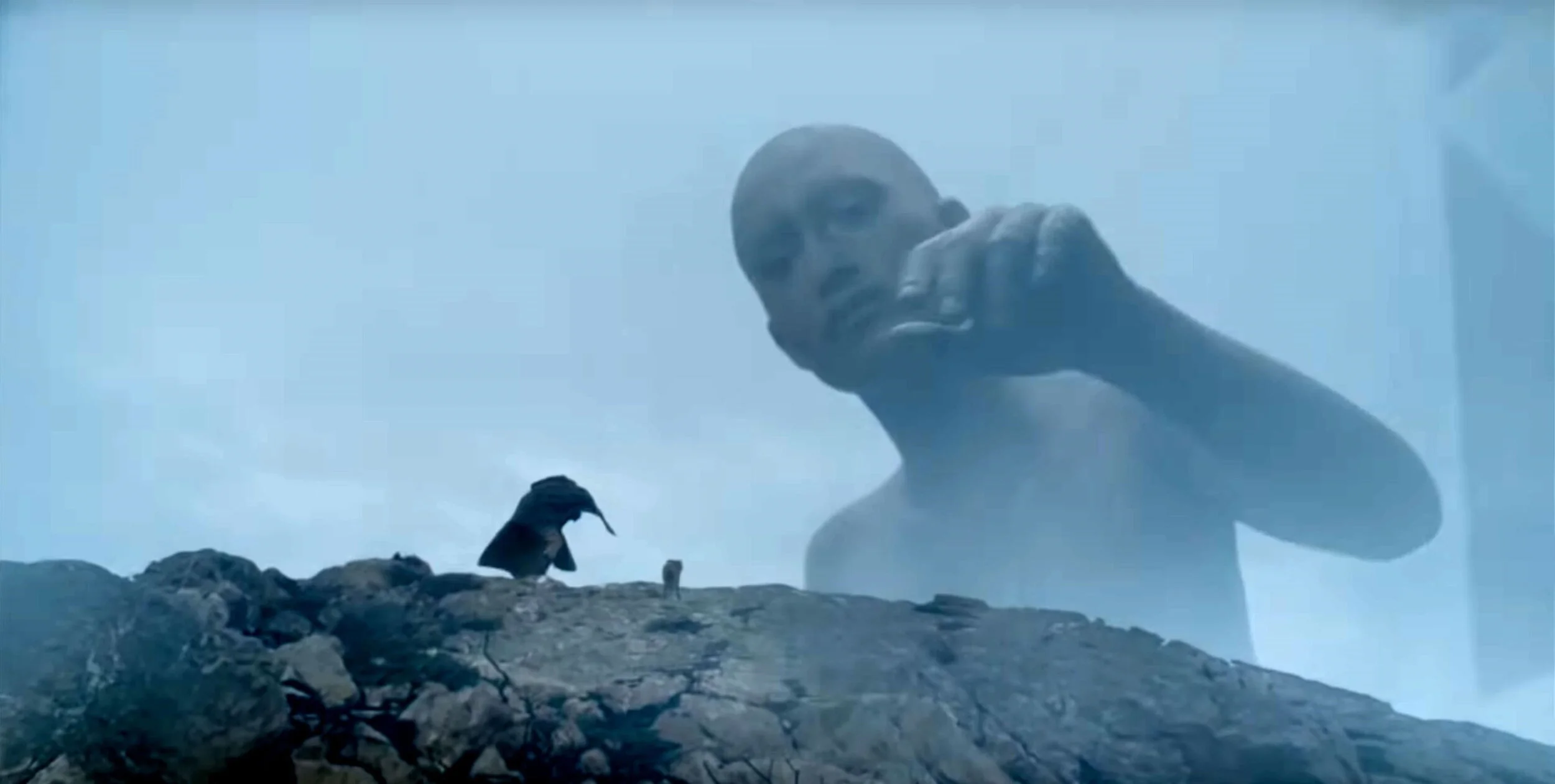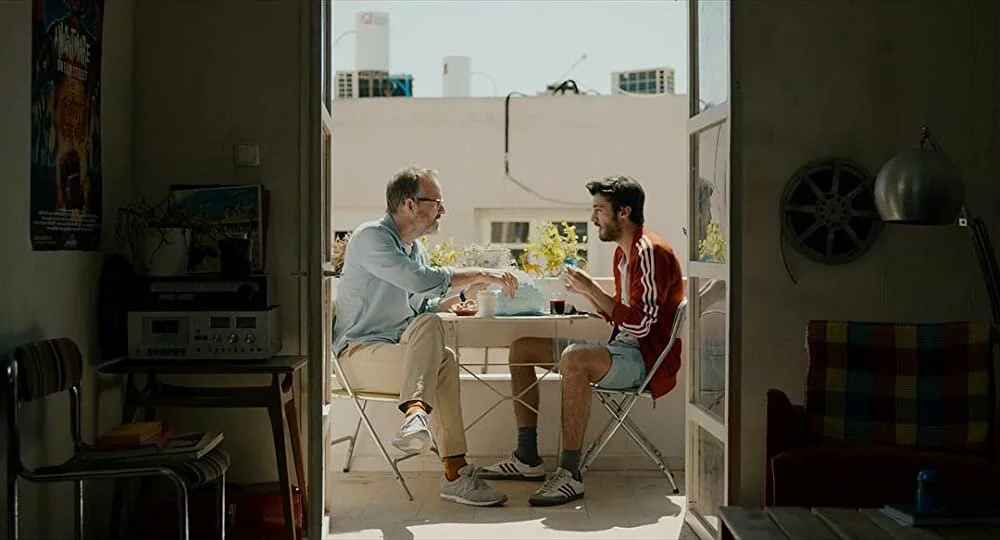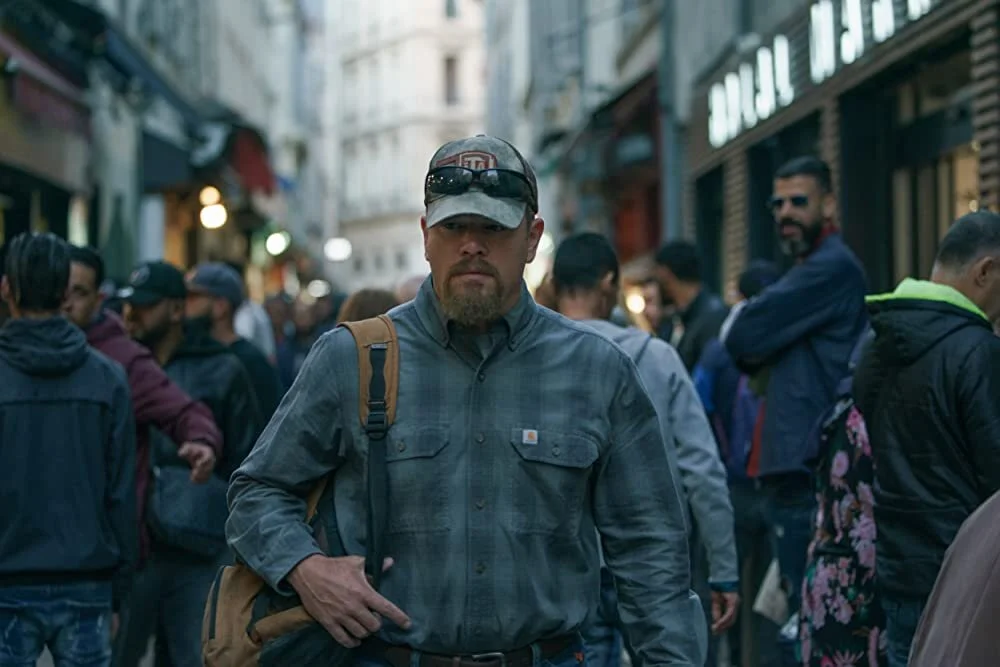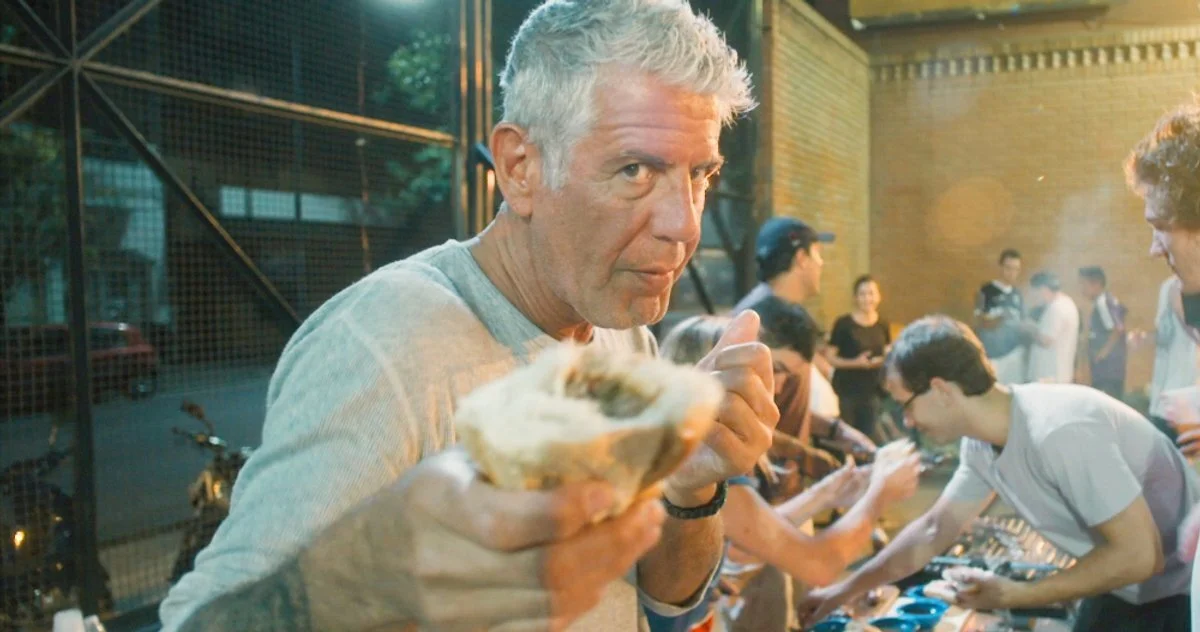THE PROTÉGÉ
Directing: B
Acting: B+
Writing: B
Cinematography: B+
Editing: B+
There’s a lot to love about The Protégé. Or at least, there’s a lot for me to love about it. I have long loved women who kick ass, and historically we’ve been treated to far too few of them, although they have increased in frequency in recent years. But this one offers layers particularly unusual: the protagonist is not just a woman of color, but maybe most importantly, she’s in her forties. She’s a middle-aged woman who kicks ass! Sign me up!
Maggie Q, who plays the titular character (also known as Anna), is 42. Okay, so production wrapped late last year, when she was still 41, and it began in January—with a predictable several month delay due to COVID-19—so onscreen, she’s either 40 or 41. Not that I need to be obsessed about this, but the film never specifies her age; it only shows flashbacks to her childhood in Vietnam, with a young actress whose age I found difficult to determine. 15? 12? Whatever the age, the opening scene is a flashback to 1991, after which we are told it’s “thirty years later” (with no hint at a pandemic in the present-day setting).
Whatever the case, it’s great to see an action movie featuring a middle-aged heroine. Okay, sure, we’ve already seen the likes of Helen Mirren—in her seventies—in multiple movies literally kicking ass and/or wielding a gun. But there’s a novelty quality to those parts, which are all supporting. She’s also white: in The Protégé, Maggie Q is the middle-aged, Vietnamese protagonist. I have no idea how necessary it really is to note this, but Maggie Q herself is multiracial, having been born and raised in Honolulu by a Vietnamese mother and a white father. It’s nice, furthermore, that this same ethnic heritage is reflected in Anna’s parents in the flashback scenes.
I haven’t even yet mentioned the other principal parts, including the assassin for whom Anna is the protégé, Moody, played by Samuel L. Jackson. Moody celebrates his 70th birthday at one part in the story. And then there’s rival assassin Rembrandt, played by 69-year-old Michael Keaton. Everybody’s old! There’s even a notable supporting part featuring 62-year-old Robert Patric, the T2 Terminator himself. (Funny that the flashbacks here are set the same year as Terminator 2’s release.)
I do find myself wondering, much as I clearly loved it, whether the veteran status of so many of these actors will leave wide audiences largely uninterested. Reviews of The Protégé thus far are decidedly mixed, and although I went to see it the night before its published release date, I was still at a 6:00 p.m. showing and there were about five people in the theater. I mean, that was much more comfortable in the middle of the latest surge in COVID cases (combined with my being masked and vaccinated), but didn’t seem to bode well for the film’s box office prospects.
Well, whatever. I quite enjoyed this movie. Sure, the “boilerplate” criticisms are valid, but the performers have real chemistry, slightly less so between Maggie Q and Samuel L. Jackson versus the delightful shared scenes between her and Keaton. And the plot did have a couple of plot twists I did not see coming, especially considering the way the story is presented in the marketing materials. This applies both to Anna’s relationship with Moody as her mentor, and where her relationship goes with Rembrandt.
And, “boilerplate” or not, it’s refreshing to see a movie ease into its story, and its action sequences. I’m not against an action movie opening with a bang, but this one opens with intrigue, and prioritizes character over action. This achieve the intended effect of us really caring about what’s at stake when the action sequences begin, and thankfully director Martin Campbell shoots the action in ways both exciting and coherent. You merely have to wait a little bit for the action, and once the movie gets to it, it’s worth the wait.
Admittedly, there was a few moments when I did wish the writing were a little better. Occasionally, the plot takes a turn both corny and a little obvious, and ironic element for a movie about supposedly ingenious assassins. At the end of the day, it’s still just an action movie. True, it’s one that would be far more likely to be utterly forgettable if all of its leads were in their twenties and thirties. It really is the casting here that sets it apart, and makes The Protégé worth a watch.
It’s less typical than it looks.
Overall: B+



